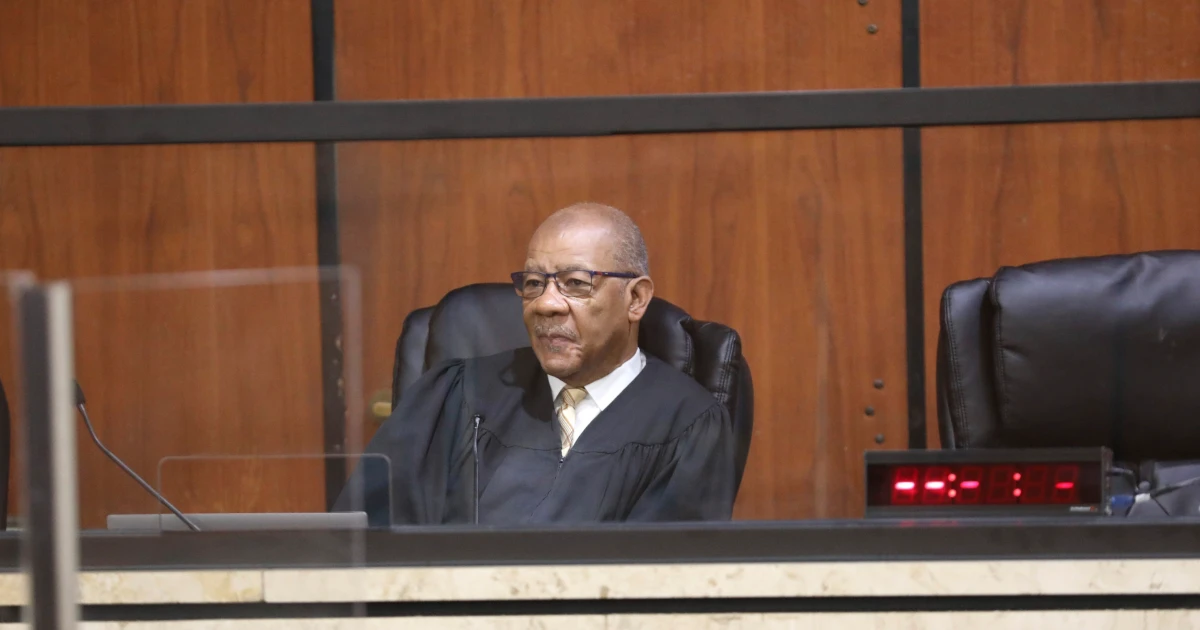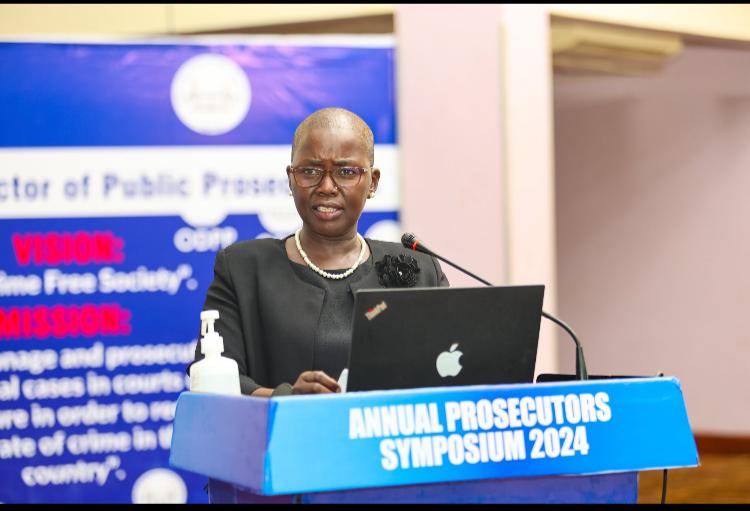A judge in South Carolina has issued a temporary suspension on the state’s recently enacted law that prohibits most abortions after approximately six weeks of pregnancy. This decision, rendered by Judge Clifton Newman, comes just 24 hours after Governor Henry McMaster signed the bill into law. Consequently, South Carolina will revert back to the previous ban on abortions after around 20 weeks of fertilization. This ruling sets the stage for a comprehensive review of the controversial measure by the state’s supreme court.
The newly passed law closely resembles a previous abortion ban based on the detection of cardiac activity, which lawmakers approved in 2021. However, the state’s supreme court, in a 3-2 ruling, declared the 2021 law unconstitutional, asserting that it violated the state constitution’s right to privacy. Notably, the current law includes specific adjustments aimed at persuading at least one justice to reconsider their stance, as the author of the previous ruling has retired.
Immediately following its enactment, the new law faced a legal challenge from Planned Parenthood, who argued that it plunged South Carolina’s abortion clinics into uncertainty, resulting in cancelled appointments for patients in later stages of pregnancy and requiring physicians to meticulously navigate the revised regulations. Planned Parenthood contended that the striking similarities between the new law and its predecessor would inflict harm on clinics and women seeking treatment if the law were allowed to remain in effect until a comprehensive court review.
The majority opinion in the earlier ruling of the state’s supreme court emphasized the importance of the privacy clause in the state constitution, granting women the necessary time to make informed decisions regarding abortion. The ruling also acknowledged that most women are unaware of their pregnancy at the six-week mark. However, it is worth noting that Justice Kaye Hearn, who authored the opinion, has since retired, leaving South Carolina’s high court without any female representation.
The amendments in the new law specifically target Justice John Few, who expressed concerns in his separate opinion regarding the adequacy of the six-week timeframe for women to realize their pregnancies. The revised law includes exceptions for cases involving fatal fetal anomalies, the life and health of the patient, and instances of rape or incest within the first 12 weeks. Physicians who violate the law could face felony charges, carrying penalties of up to two years in prison and a $10,000 fine.
Several southern states have enacted more stringent abortion laws in recent times, resulting in an increase in the number of abortions performed in South Carolina and attracting patients from other states. Alabama, Arkansas, Kentucky, Louisiana, Mississippi, Oklahoma, Tennessee, Texas, and West Virginia have implemented bans on abortions throughout pregnancy, while Georgia permits abortions only within the first six weeks. Additionally, starting from July 1st, most abortions after 12 weeks will be prohibited in North Carolina.
In this highly contested landscape surrounding abortion rights, Governor Henry McMaster’s surprise signing of the restrictive law has added fuel to the ongoing debate. However, a day later, Judge Clifton Newman’s ruling temporarily halts the implementation of the new law. The legal battle over South Carolina’s abortion restrictions is expected to reach the Supreme Court, underscoring the broader impact of the Court’s ruling last June, which overturned Roe v. Wade.
As this story continues to unfold, it presents significant challenges for women and medical practitioners alike, potentially rendering abortions illegal while being performed. Advocates for reproductive rights, such as Planned Parenthood, express deep concerns regarding the practical implications of the law, particularly in emergency situations where healthcare professionals must navigate the ambiguities of the legislation. The bill signed by Governor McMaster resembles a previous attempt in 2021 to enact an abortion ban based on the detection of a fetal heartbeat. Although the previous law was invalidated by the state’s supreme court, the revised bill incorporates technical adjustments in the hopes of securing a favorable ruling. Ultimately, the temporary suspension of South Carolina’s abortion ban sets the stage for a crucial legal review, one that will have far-reaching consequences for women’s reproductive rights, healthcare providers, and the ongoing national debate.















